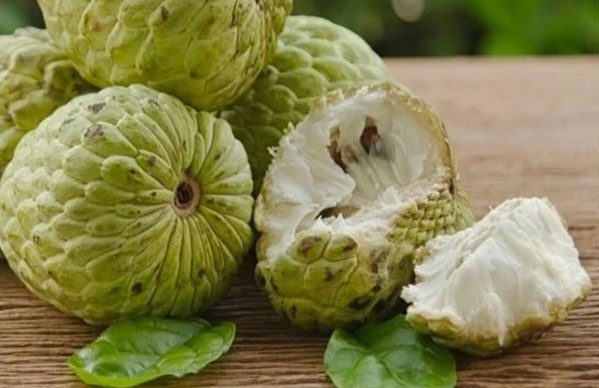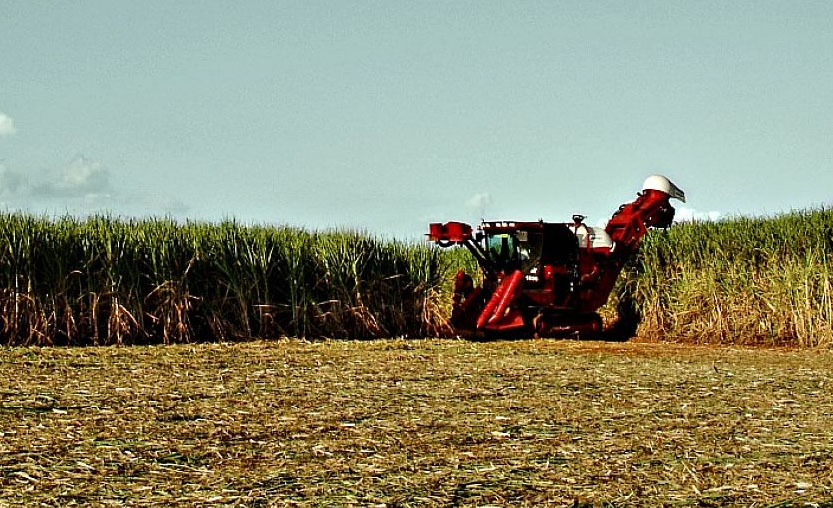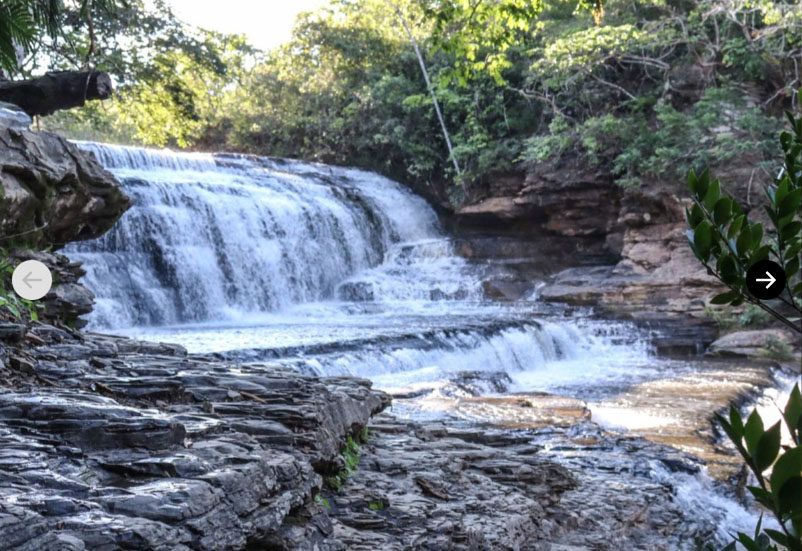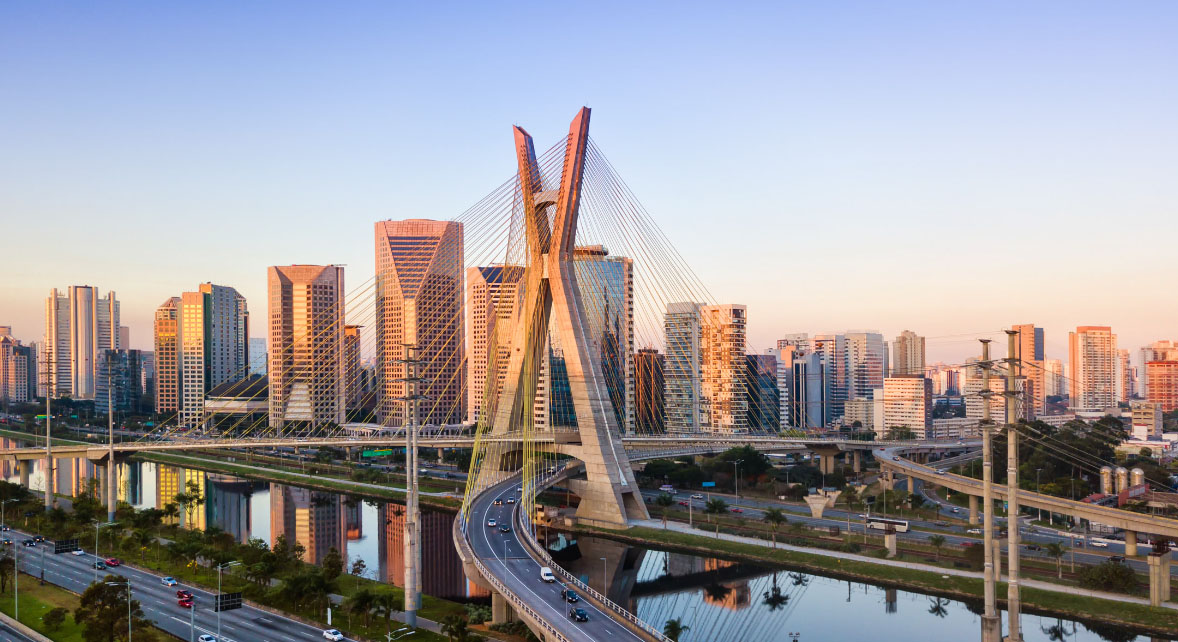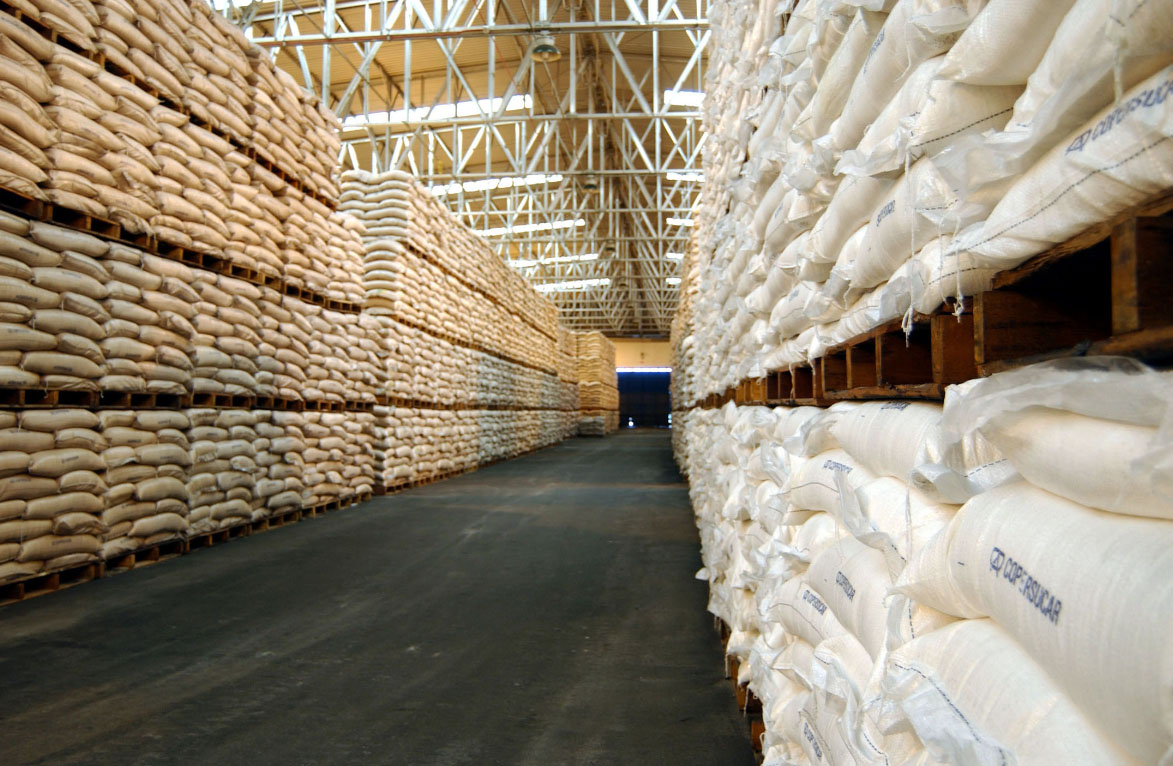Brazil, a
global leader in sugar production, is not only known for its abundant sugarcane
fields but also for hosting one of the most significant gatherings in the sugar
industry—the annual Sugar Conference. This conference serves as a platform for
industry experts, policymakers, and stakeholders to come together, exchange
ideas, and chart the course for the future of the sugar sector. In this blog
post, we’ll delve into the highlights of the Sugar Conference in Brazil,
showcasing the insights, sustainability initiatives, and the sweet future it
envisions.
A Meeting
of Minds
Global
Participation: The Sugar Conference in Brazil attracts participants from around
the world. It is a place where professionals, policymakers, researchers, and
industry leaders converge to discuss the latest developments in the sugar
industry.
Comprehensive
Agenda: The conference covers a wide array of topics, from sugar production and
technology to trade, sustainability, and environmental practices. It provides a
holistic view of the industry.
Key
Conference Highlights
Market
Trends: Industry experts provide valuable insights into current market trends,
global demand, and price fluctuations, offering a comprehensive understanding
of the sugar industry’s dynamics.
Sustainability
Initiatives: Sustainability is a core focus of the Sugar Conference. Experts
discuss eco-friendly practices, responsible land management, and reducing the
environmental impact of sugar production.
Technological
Advancements: The conference showcases the latest technological innovations in
sugarcane farming, sugar production, and waste reduction, enhancing efficiency
and sustainability.
Government
Policies: Policymakers use the platform to discuss government policies and
their impact on the sugar industry. These discussions provide insights into regulations
and trade agreements.
Sustainable
Sugar Initiatives
Renewable
Energy: Brazil’s leadership in sugarcane-based ethanol production is
highlighted, demonstrating the country’s commitment to renewable energy and
reducing carbon emissions.
Responsible
Farming: The conference emphasizes responsible land use and farming practices,
addressing concerns about deforestation and biodiversity conservation.
Biodiversity
Conservation: Initiatives that balance sugarcane cultivation with habitat
preservation and ecosystem conservation are discussed.
The Path
Forward
Global
Collaboration: The Sugar Conference promotes international collaboration in
addressing sustainability challenges and setting industry standards.
Innovation
and Adaptation: The sugar industry continues to evolve, and the conference
serves as a catalyst for innovation and adaptation to meet changing consumer
preferences and environmental needs.
Conclusion
The annual
Sugar Conference in Brazil is more than just a gathering of sugar industry professionals;
it is a platform for fostering sustainability, innovation, and global
collaboration. As the world turns its attention to eco-friendly solutions and
responsible practices, Brazil’s commitment to sustainable sugar production
shines as a beacon of hope. The insights, initiatives, and discussions that
emerge from this conference are instrumental in shaping the future of the sugar
industry in Brazil and beyond.


